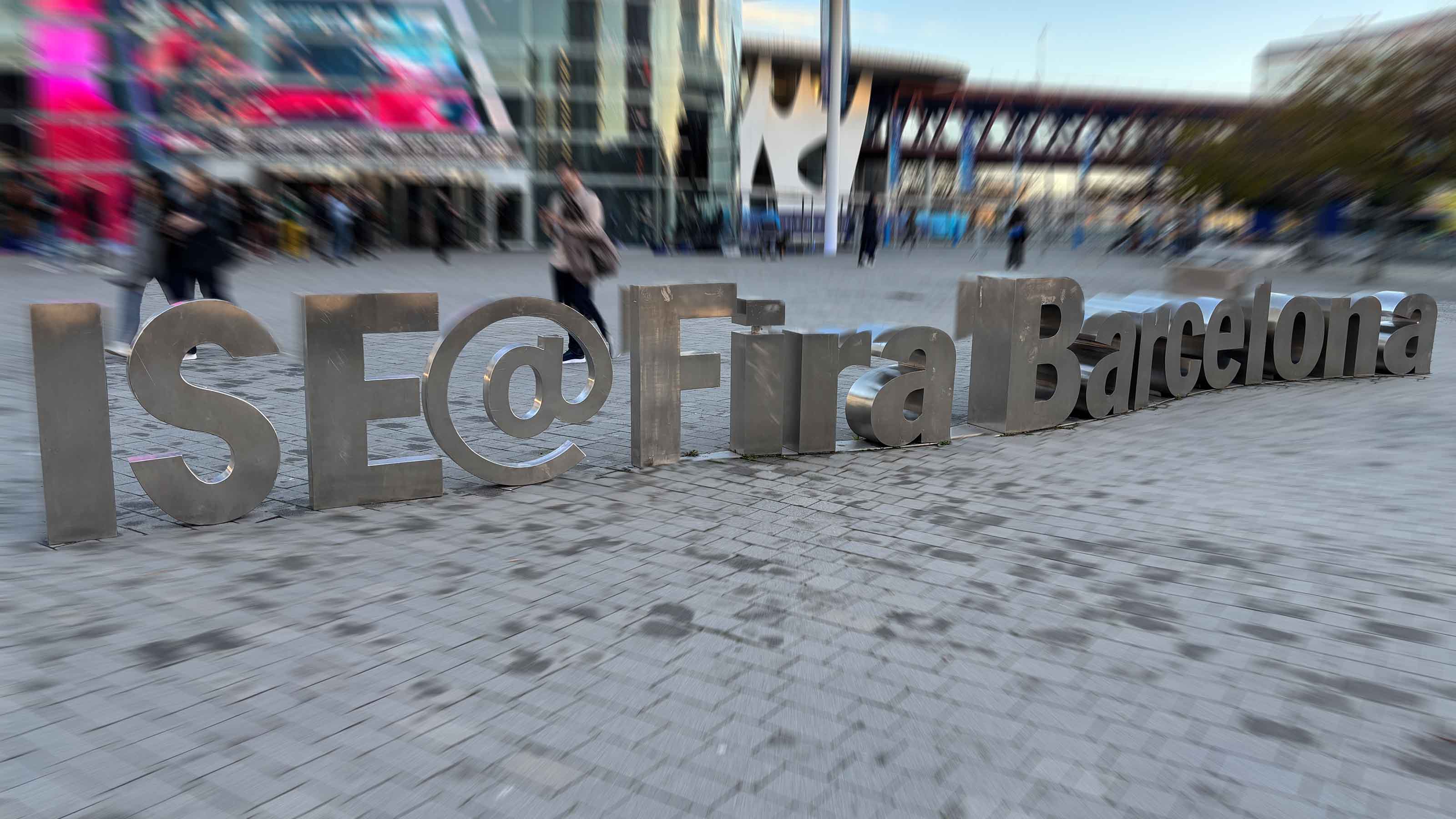UniKey is Making Our Keyless Future Happen
A daily selection of features, industry news, and analysis for AV/IT professionals. Sign up below.
You are now subscribed
Your newsletter sign-up was successful
What technology will seem antiquated in a decade?
“Keys,” stated Sebastian Thrun, co-founder and chief executive of Udacity, an inventor of driverless cars, and a founder of Google X.
A New York Times blog, called The Upshot, recently interviewed seven people that are driving technology innovations today about their visions of the future, which included the above assertion.
The everyday key is already well on its way to relic status with Bluetooth keyless entry technology from UniKey.
Kevo by Kwikset, powered by UniKey, is available in three finishes.
Just a few years ago, door locks were one of the least interesting devices in the home. And in the terms of a technology conversation, they wouldn’t even register. A company like Kwikset has never been considered a technology company, but ever since licensing UniKey’s technology, that paradigm has shifted.
Kwikset began shipping the UniKey-enabled Kevo smartlock in October, and within the first three months, by January, 100,000 units were shipped.
A daily selection of features, industry news, and analysis for AV/IT professionals. Sign up below.
What’s especially unique about the Kwikset Kevo, powered by UniKey is that all you need is your smartphone on you, and the device unlocks with a simple touch. Users can create digital e-keys sent via the accompanying mobile app, which can be revoked just as easily once someone no longer requires access. UniKey employs military grade encryption algorithms to ensure security.
I sat down with UniKey CEO and founder Phil Dumas last week in New York City to get a closer look at the Kevo and its app and to discuss where the Bluetooth-enabled locks are taking us in the future.
Phil Dumas, UniKey CEO and founder.
First off, Dumas’s decision to license his design to Kwikset, a well-established player in lock hardware category worldwide, enables him to focus on further technology development and app-tuning without having to market the product as an untested newcomer to the field or deal with manufacturing and production. Kwikset clearly benefits mutually from the arrangement as well, as its competitors are probably much further from market with any comparable product. There are many wireless door locks available, but Kevo is the only one using Bluetooth with the touch-to-open feature.
Dumas appeared on ABC’s SharkTank, the reality show pitting budding entrepreneurs up against billionaire Mark Cuban and his investor cohorts, where he secured funding from all five of the “sharks” for his then-prototype—the first company to have done so on the show. Now 100,000-shipped units in, he has much bigger aspirations than home security.
There are many commercial building security opportunities, as well. The UniKey technology is actually much more reliable than traditional finger print security access control, an area Dumas is well versed in having worked as VP of product development for Sequiam, specializing in biometric access control. One reason he began developing the UniKey solution was because he saw how variable-laden—and, in turn, unreliable—other advanced security technologies were by nature.
The Kevo app allows users to add or revoke keys digitally.
The hotel market is one vertical that Dumas sees particular promise for in the very near future. He’s already working on real implementations he expects we will begin to see in 2015. The concept is that when you book a hotel room online, you will be prompted to download the Kevo app (if you don’t already have it), and upon arrival at the hotel, even simply by pulling into the parking lot, guests will automatically receive an eKey, allowing them to bypass hotel front desks and head straight to their room.
Commercial locks, garage door openers, and safe locks are other applications for which UniKey is pursuing partners. The vision Dumas has for UniKey is the inevitable elimination of keys, PINs, passwords, and remotes. In other words, a keyless world just as tech visionary Sebastian Thrun predicted.
Lindsey M. Adler is an audiovisual storyteller based in New York.

